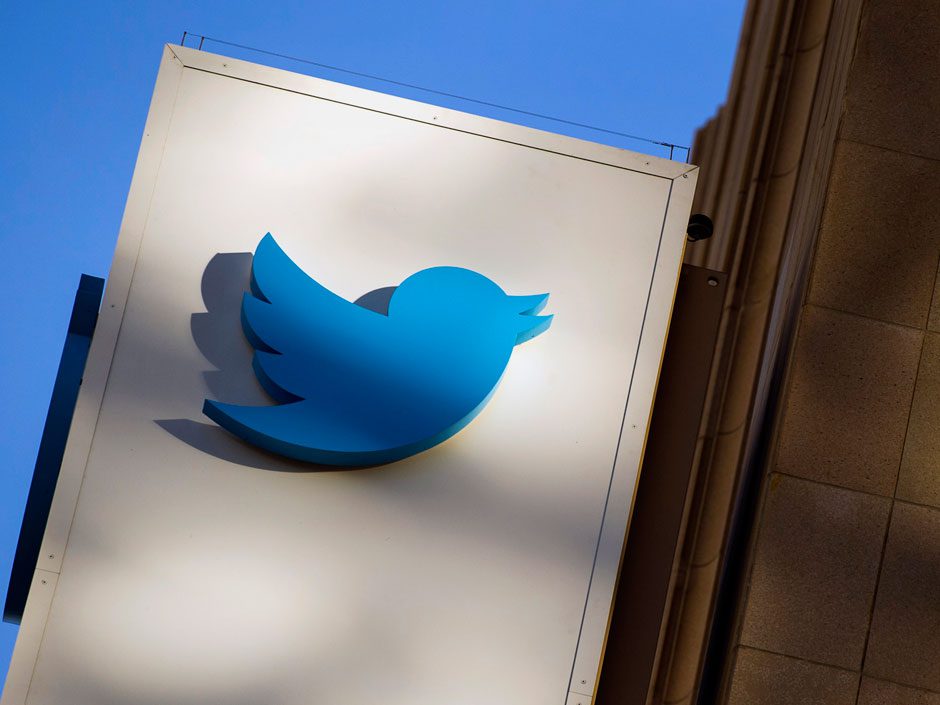
On Friday, Elon Musk tweeted that his $44 billion purchase for Twitter Inc was “temporarily on pause” while he awaits evidence on the number of false accounts on the social media network, sending shares in the company plummeting.
Tesla CEO Elon Musk said he was still committed to the deal. Musk waived due diligence when he agreed to buy Twitter on April 25 in an effort to persuade the San Francisco-based firm to accept his “best and last offer.”
Investor concerns about inflation and a potential economic downturn have caused technology stocks to plummet since then.
As investors worried that the slump would drive Musk to walk or seek a lower price, the difference between the offer price and the value of Twitter shares had increased in recent days, signifying less than a 50% chance of completion.
“Twitter deal on hold temporarily seeking details supporting calculation that spam/fake accounts constitute fewer than 5% of users,” Musk said his 92 million Twitter followers.
A request for comment from Twitter was not immediately returned. The investors Musk recruited last week to raise $7.1 billion in fundraising had no immediate reaction.
Musk mentioned the bogus account data in a Reuters piece from 10 days earlier. The figures were an estimate, according to Twitter, and the true number might be higher.
According to regulatory filings from Twitter, the estimated number of spam accounts on the microblogging site has remained below 5% since 2013, prompting some analysts to query why Musk was upping it now.
“This 5% figure has been around for a while. He would have noticed it immediately… As a result, it’s possible that it’s part of a price-cutting effort “Hargreaves Lansdown analyst Susannah Streeter said.
In pre-market trading in New York, Twitter shares were down 16 percent at $38.06, well below the $54.20 per share acquisition price. Tesla Inc (TSLA.O) saw its stock rise by roughly 5%.
Tesla shares have lost almost a quarter of their value since Musk announced his Twitter stake on April 4, amid concerns that he will become distracted as Tesla’s CEO and that he may have to sell more Tesla shares to fund the deal.
There is plenty of precedent for a possible price renegotiation after a market downturn. When the COVID-19 epidemic struck in 2020, several firms renegotiated agreed-upon acquisitions, causing a global economic crisis.
In one case, LVMH, a French retailer, threatened to pull out of an agreement with Tiffany & Co. The price of the jewelry retailer in the United States has been reduced by $425 million to $15.8 billion.
Acquirers looking for a way out frequently invoke “substantial adverse effect” clauses in their merger agreements, claiming the target firm has been severely harmed.
However, unlike many previous mergers, the Twitter acquisition agreement does not allow Musk to back out due to a deteriorating business climate, such as a decline in advertising demand or a drop in Twitter’s stock price.
If Musk does not complete the purchase, he is contractually compelled to pay Twitter a $1 billion break-up fee, and the language in the deal contract appears to limit any damages that Twitter can seek from Musk to that amount.
However, the contract includes a “particular performance” language that a judge may utilize to compel Musk to finish the transaction.
In fact, acquirers who lose a specific performance case are usually never obligated to finish the transaction and instead negotiate a monetary settlement with their targets.
Views: 87

















